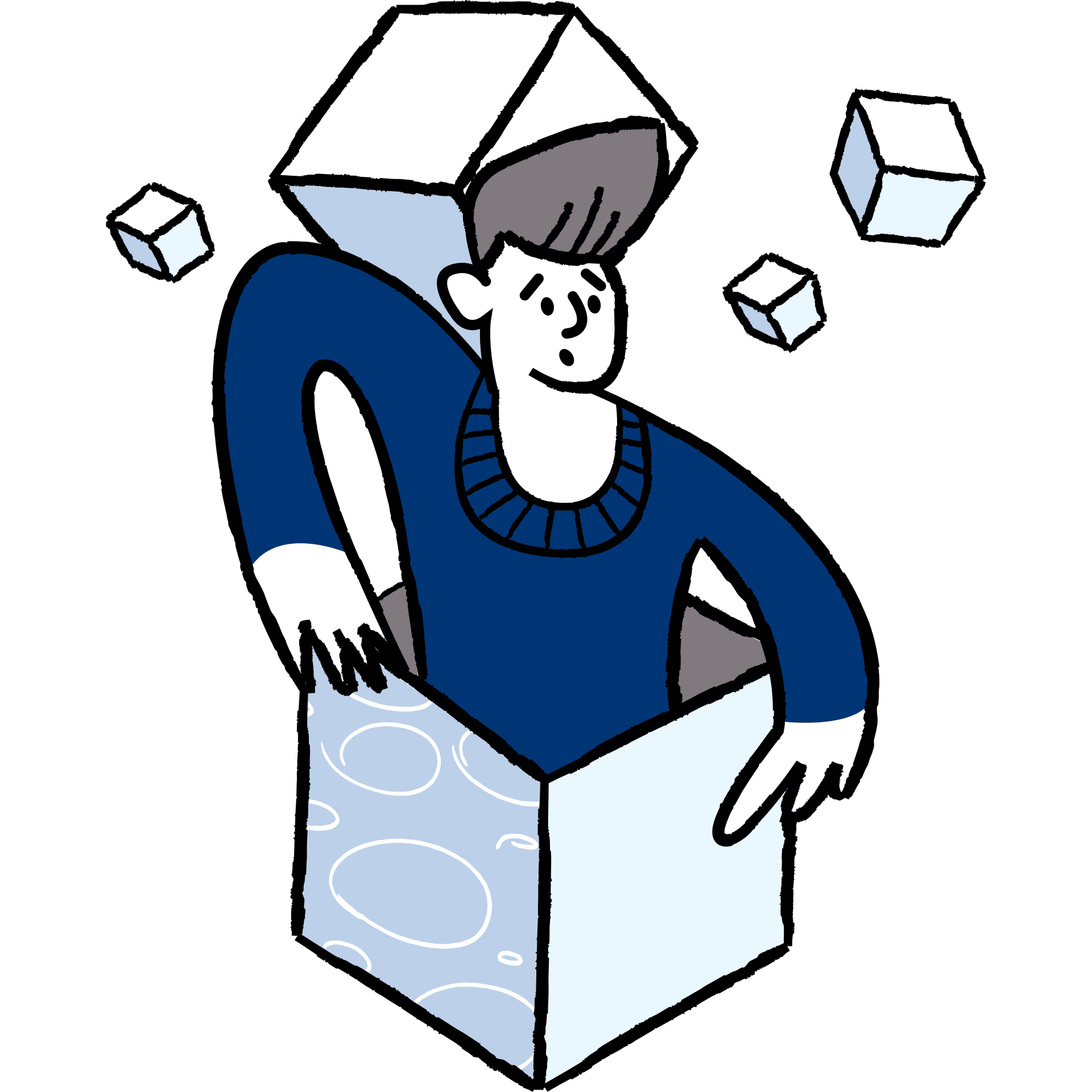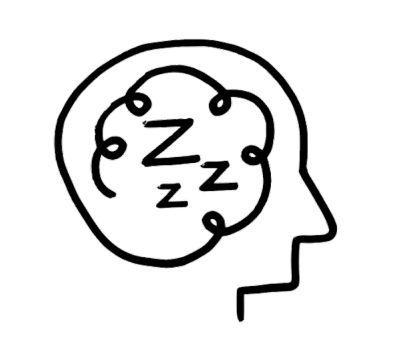What causes problem gambling?
There’s no single reason why someone develops a gambling problem. It often builds over time, shaped by a mix of experiences, emotions, and habits.
What might start as a form of fun or escape can become something that’s hard to manage, and that’s not a personal failing. It’s something many people go through.
Here are some common reasons gambling can become more than just a game:
- Early wins
Getting lucky early on can make gambling feel like an easy way to make money, even if those wins don’t last. That sense of hope or reward can be powerful and hard to forget.
- Financial stress
- Coping with emotions
- Social influences
- Chasing losses
- Finding it hard to stop
Whatever your reasons, what matters now is how you’re feeling and identifying what might help.
Remember, you don’t have to figure it all out on your own. There’s support for every stage of the journey, whether you're just starting to notice the signs or already feeling overwhelmed.
When gambling becomes addictive
For some people, gambling becomes more than a habit; it becomes a way of coping that’s really hard to let go of.

That’s because addiction isn’t about weakness or lack of willpower. It’s about how certain behaviours affect your brain, especially when you’re under emotional stress.
The cycle of addiction often looks like this:
- A trigger (like stress, boredom, or an argument)
- Emotional pain or discomfort
- An urge to gamble to feel better or escape
- Temporary relief after gambling
- But then there's guilt, loss, or the return of the original pain.
Over time, more gambling is needed to get the same relief. You can learn more about this cycle in our understanding and managing addiction support guide.
Click here to download, save, or print our problem gambling fact sheet.






